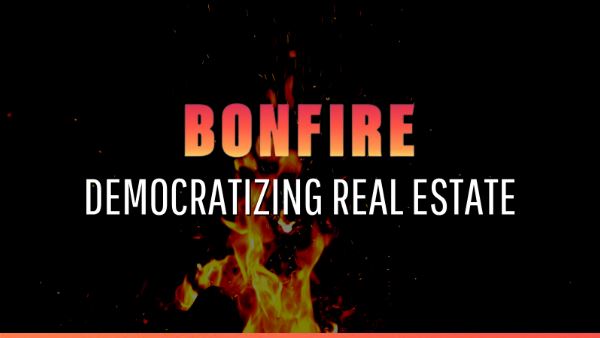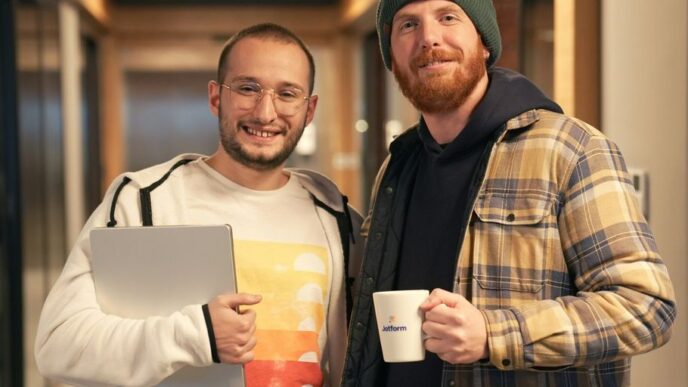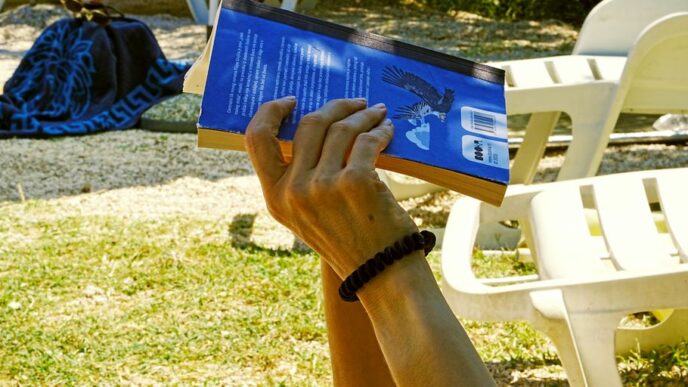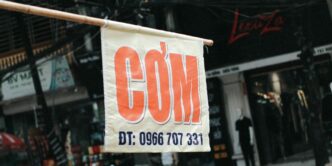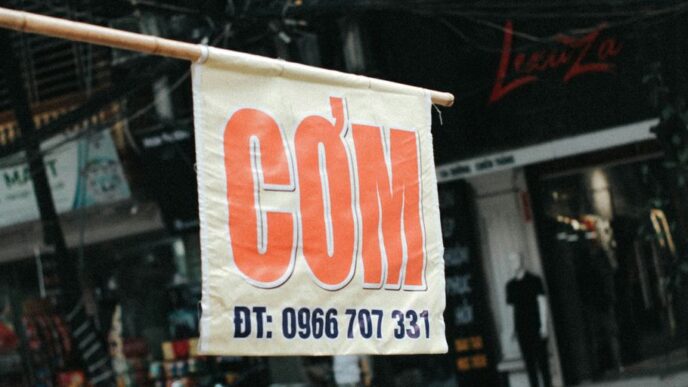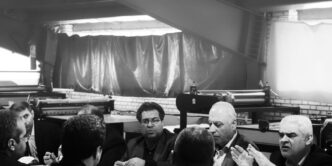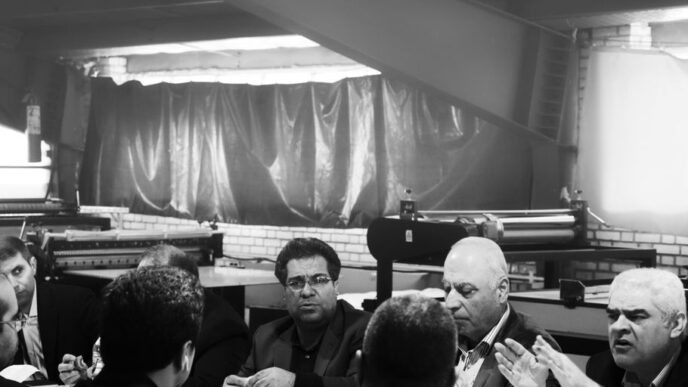Owning real estate is one of the most stable paths to long-term wealth generation. But it takes money to make money. The biggest barrier for most people comes from the upfront money needed to initially invest. Most of us aren’t sitting on the hundreds of thousands of dollars/euros for a downpayment – and as such, owning real estate is becoming more of a privilege that only the rich can afford. So why are people optimistic that blockchain can democratize real estate?
Blockchain enables real estate assets to be chopped up (or fractionalized) into smaller units known as tokens that are more affordable to purchase than buying an entire real estate asset. But these tokens are not NFTs. NFT means “non-fungible.” By definition, a real estate token is fungible – meaning that the rights of one token give someone the same rights to the cash flows, tax benefits, and equity appreciation as any other token-holder.
Blockchain is the facilitator of this as it enables assets to be broken into tokens and creates a permanent and immutable record of ownership.
While there has been a lot of FUD and cynicism around crypto of late, fractionalizing real estate is becoming one of the leading ‘real-world’ use cases for blockchain.
And a startup called Bonfire is at the forefront of this.
While there are a number of fractionalized real estate platforms out there, most are geared towards ‘accredited investors’ – which is code for ‘rich people’.
Bonfire takes a different approach.
Bonfire is a protocol built off of Polygon that, after transforming assets into tokens, spins up DAOs (Decentralized Autonomous Organizations) and empowers the members of the DAO to own and govern the assets.
In simple terms, a DAO is a leaderless, non-hierarchical organisation run entirely by its community. Unlike traditional corporations or “LLCs,” in a DAO, no single person or entity is in charge, and as its name suggests, there is no centralization of power. DAOs are run by a community of stakeholders, or investors, participating in the organisation’s operations to determine its future collectively.
Imagine a $1,000,000 small apartment building in a decent neighborhood is for sale. Traditionally, the way to acquire this property is to either:
- Pay the whole $500,000
- Find the money for a downpayment and get a bank loan (assuming you qualify)
Tokenization adds an interesting third pathway as it radically lowers the barrier to entry. Now, the property can be converted into a total of 10,000 tokens and priced at $500 each. That way, anyone can own a fraction of the property by investing as little as $500 without meeting the onerous qualifications of a bank or lending institution.
BonfireDAO, a tokenized real estate protocol on the Polygon network, is about to emerge from stealth mode and is the first real estate platform to put DAOs at their heart of their offering.
The BonfireDAO Solution
Bonfire’s model is straightforward. It validates income-producing assets to ensure that the seller of the asset isn’t committing fraud and that the asset is in good shape. It then transforms the property into tokens and sells them to a group of everyday folks who own and manage it via a Decentralised Autonomous Organisation (DAO).
What is a DAO?
In simple terms, a Decentralised Autonomous Organisation (DAO) is a leadersless non-hierarchical organisation that is run entirely by its community. Unlike traditional corporations or “LLCs,” in a DAO, no single person or entity is in charge, and as its name suggests, there is no centralization of power. DAOs are run by a community of stakeholders, or investors, participating in the organisation’s operations to determine its future collectively.
How the Bonfire DAO is run
Everyone with the token in their wallet gets a say in how the property is managed and run. The Bonfire software, via smart contracts, allows members to make and vote on proposals. Proposals can be little things like whether to replace a faulty water heater or raise the rent or major ones like selling an asset. Although, more tokens mean more decision-making power. Members of a Bonfire DAO appoint a representative to make signatures on behalf of the DAO on matters that require them.
The Bonfire team is looking to create a platform where anyone, anywhere in the world, can purchase a fraction of an income-generating property and be able to contribute to how it’s managed via a DAO. The MVP for the first browser-based marketplace will launch in October 2022, and the vision of the full-blown ecosystem is clear. The platform already has a $310,000 single-family rental verified, appraised, and ready to go on sale to investors when they launch.
Bonfire plans to expand beyond real estate and facilitate investment into other income-generating assets currently inaccessible to average investors, tokenizing them and making them available on the marketplace.
You can join the waitlist to gain early access to their launch and follow their Twitter to keep up with their progress.

